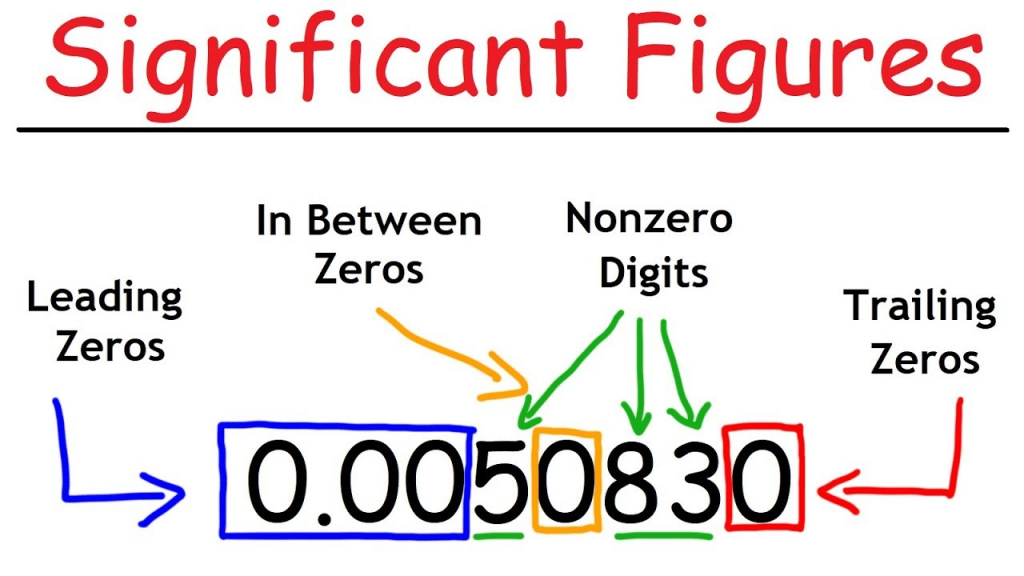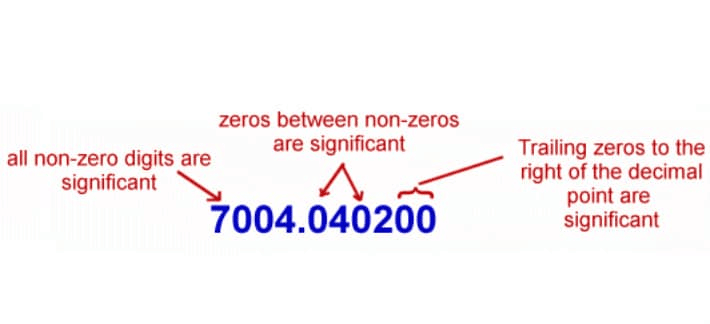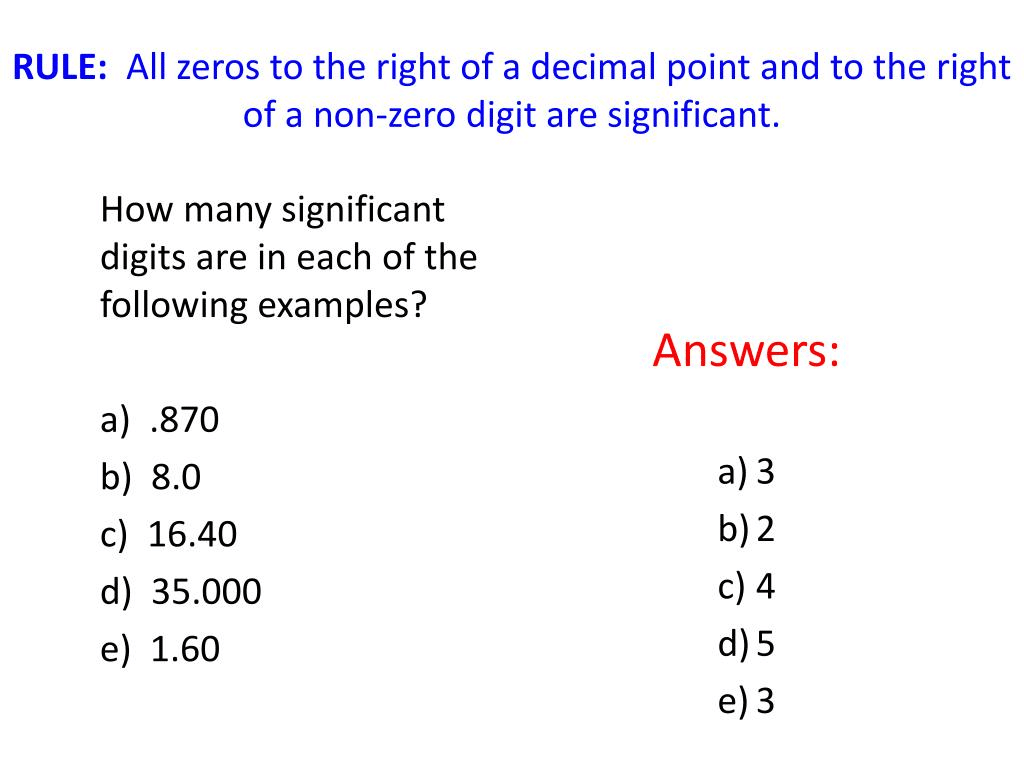Significant figures are also known as significant numbers and are an integral part of statistical and mathematical calculations. We do use the significant figure to bring more precision and accuracy to our results. Reducing the ambiguity at the end of the result or outcome is essential as the prominent figures become crucial. The significant numbers are the digit values that have meaning in the resolution of measurement and accuracy. We call them significant figures, as all the experimental values do possess some kind of uncertainty.
For precision and accuracy, we do require a sig fig calculator. This would help make our result more precise and easy to understand. We are making the result shorter and more understandable with the significant number calculator. For the conversion of significant figures, it is essential to understand what the significant figures are and what the rules are to convert and write the significant figures in our data.

Complete Rules for Accurate Sig Fig Calculation:
Being a student of business we do require to learn all the rules and regulations related to significant figures and how we are converting them into numbers that are more undesirable to us. The number 0.33922784333222924477 is a little difficult to read and understand as compared to 0.34.
There are certain rules for converting a number more precise:
How to add “1” to a number?
If we see a number greater or equal to 5, then we add 1 to the number before like 0.259333, which is written as 0.26, as we have added “1” to the number “5” which is coming in second place. The main reason behind this is that the third number “9” is larger than “5”. So when a number is larger or equal to “5”. We add 1 to the number before to make the result more precise and understandable. When we are using the significant figures calculator. All the rules of conversion are automatically implemented.

How to add “0” to a number?
If we find a number less than 5 in the third place then we only add “0” or nothing in the second number when we are converting the number to make it more precise and accurate. We can understand it by the example considered, a number like 0.34211111333333 when we are converting it into the significant figure of two decimal places. It would become 0.34. The number “2” is less than “5” and we have added nothing to the number “4” which is coming before the number “2”.The significant digits calculator automatically applies all the rules and produces a value that is more precise.

Consider all non-zero numbers significant when doing the conversion. Like the number in the number 0.005, there is only one significant figure which is “5” and in the number 0.00232, there are 3 figures which are 232. When inserting the values in the sig fig calculator, you can convert any number into its significant number.
How to Consider Zeros Significant?
All the Zeros between the non-Zeroes numbers are considered significant like 5.50000008, Now all the Zeros are considered significant. The numbers 5.50000008 have a “9” significant number. All the Zeroes are considered as significant in the conversion.
How to Deal with the Trailing Zeroes?
A trailing zero or the final zero in the decimal portion is considered only significant. When we are using the sig fig calculator, it considers the Zeroes at the end or on the right side of the number as significant.
The number 0.500 has three significant figures, as we consider the two Zeros after “5” as significant numbers.
Conclusion
Appropriate significant data is required to have a meaningful resolution of our result. We do consider various rules and regulations to convert a long figure like 0.33922784333222924477 into a more precise manner like 0.34 if only taking two significant figures.
If 0.33922784333222924477 is converted into three significant figures by the sig fig converter then we are writing only 0.339. The significant digits calculator automatically produces the result in two significant numbers and three significant figures.






